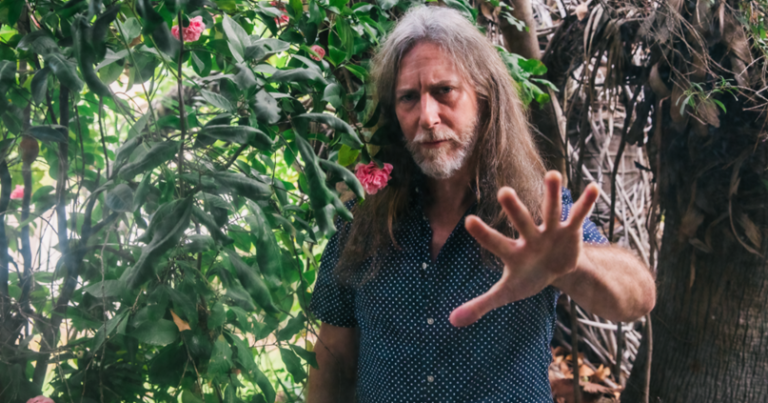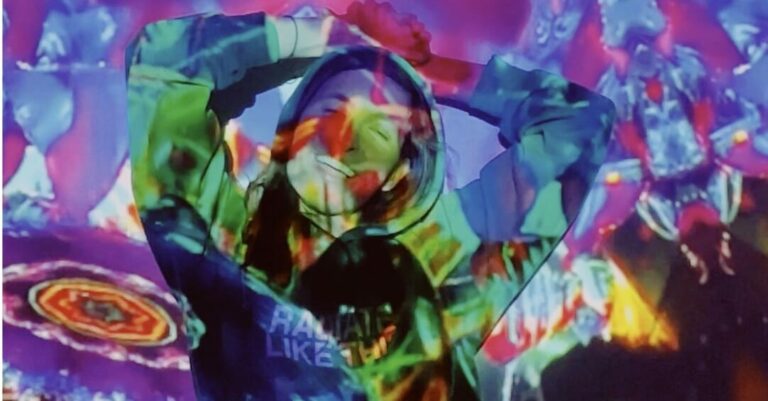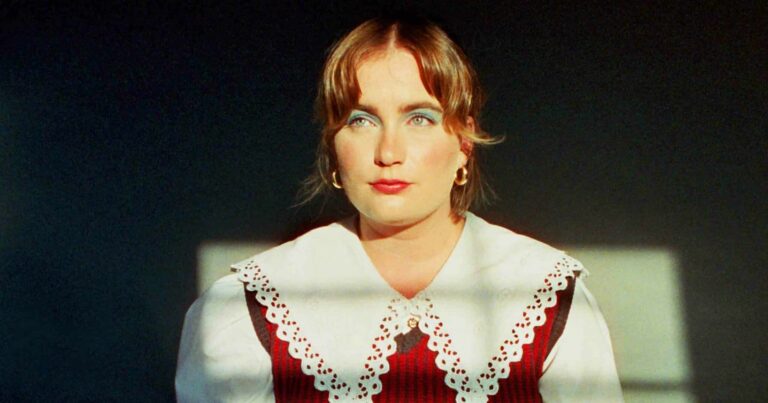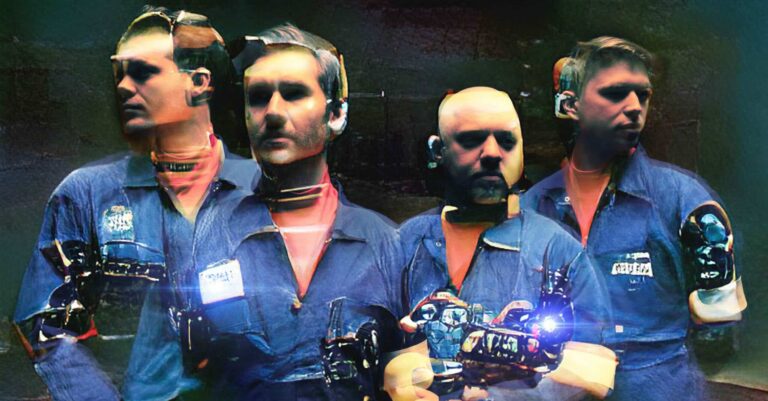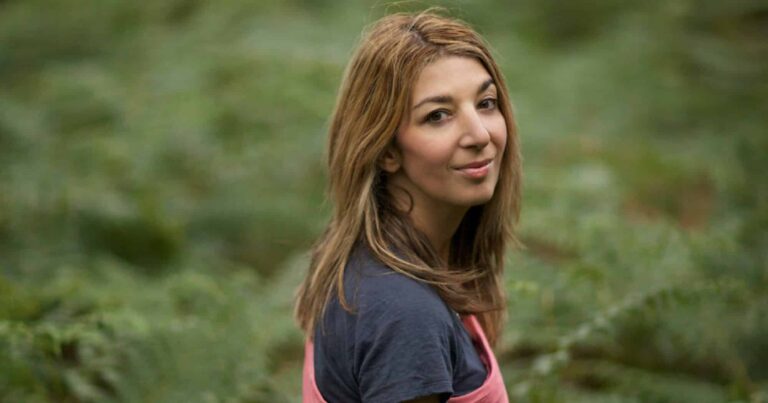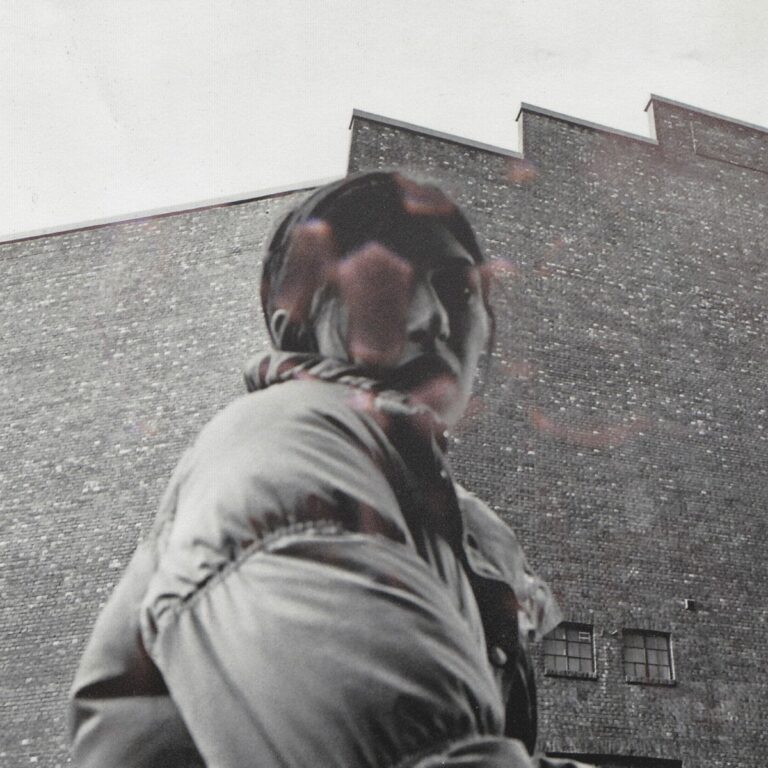A powerful resume is your doorway to your dream job. If you write it well, potential employers will respond to your application. On the other hand, you won’t get a single reply if it’s weak. Therefore, you should exert effort in writing a resume that makes HR managers call you. How? Kindly read on for the steps.
Decide on a Resume Builder App
Before diving deeper, you should first pick a resume builder application. Although a text editor is the most prevalent app people use, you can select a more suitable app that can help you format your resume. Once you have an app you want to use, you can start creating your resume.
Steps to Writing a Powerful Resume
- Choose a resume format.
You choose between three formats: functional, reverse-chronological, or combination. However, remember to consider the job you’re applying for and your experience level. The reverse-chronological format is the most prevalent and suitable for experienced individuals.
On the other hand, the functional one is for new entrants to the workforce. You may also use it if you’re making a career change. Finally, the combination format is for people with varied skillsets. For instance, you’re applying for a job requiring expertise in multiple fields. You can use the combination format to include your knowledge in all areas.
2. Use an appropriate resume layout.
HR managers don’t want to spend time reading your resume; therefore, you should write only the pertinent details to ensure that it doesn’t take multiple pages. Next, you should maintain uniform section headings.
Don’t overcrowd your resume to make it readable. Moreover, you should use Comic Sans font with font size 12 pt. for standard text and 14 pt. for section headings. Lastly, save it as a PDF before sending your resume to your preferred employer.
3. Include Only the Significant Details on Your Resume.
Don’t forget to include the following sections:
Never include your birthday unless the job ad requires it. Moreover, maintain a professional email address. The best resume writing service advises against attaching your picture if it’s not a requirement.
- Professional objective or summary
Make a great first impression. Your resume should wow the HR manager. Ensure that you have an excellently-written resume objective or summary of up to three sentences to describe your career.
Your work experience is the most critical part of your resume. Therefore, you should tailor-fit this portion to your preferred job. Most employers use the ATS (Applicant Tracking System), which is software that filters through the resumes. It is a bot that decides which applicants go to the next step.
It would help if you used the right keywords to get past the bot screening. First, read the job ad and take note of the critical requirements. Then, ensure that you mention these requirements in your resume. For example, if you have more than ten years of work experience, you can say the most significant work you did. However, if you’re an entry-level applicant, you can mention all the previous work.
This section shouldn’t mention your elementary and high school education. HR managers only want to know your recent educational attainment. However, if you’re not a university graduate, you can list your high school education. If you have an exceptional academic career, you can mention your GPA only if your grade is higher than 3.5.
You can include two skills types in your resume – hard and soft skills. It would be best to have your proficiency level for hard skills – beginner, intermediate, advanced, or expert. Some professional resume writers advise against lying in this section.
Next, you should tailor-fit your skills to the job. You should only include skills that will prove helpful in performing work. Moreover, trim your skills to up to three. However, don’t forget to list the relevant skills required by the employer. You can also include soft skills beneficial to performing the job.
If you wish to improve your chances of being called for an interview, you can include the languages you know. Moreover, don’t forget to include if you have basic, intermediate, proficient, fluent, or native proficiency level.
Add spice to your resume by including a hobbies and interests section. This portion isn’t a must-have section, but your potential employer will know who you are as a person. Another nice-to-have section is the volunteering experience.
If you spend time helping other people, you should include it in your resume because you tell the HR manager that you’ll be loyal and devoted to the company. If you have awards or certifications in your field, you should list them. However, ensure that they’re relevant for the job.
4. Write your cover letter.
A cover letter is your letter to the HR manager to explain that you’re a perfect fit. Don’t forget to thank the reader at the end.
Final Thoughts
Let your job application stand out by writing a solid resume to make any HR manager call you for an interview. Follow the mentioned steps to leave an excellent first impression. However, no matter how much you want the job, you shouldn’t pad your qualifications. Be honest. You’ll reap your rewards if you are.
